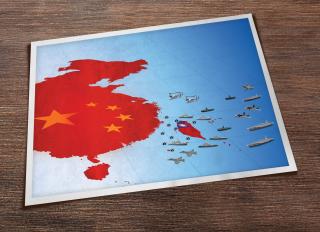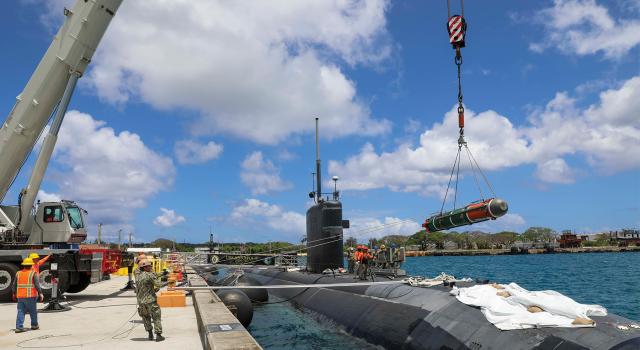marsijaner
Legenda
- Poruka
- 55.287
e sada i je izmenjen malko zakon , pa tako one firme koje su inostrane a jos i pripadaju "neprijateljskim drzavama" ako i hoce da prodaju svoje , pored toga sto i moraju dati za nominalnu cenu , prodaju , tako i
sada moraju da i plate u budzet drzave rusije 10 %posto od vrednosti..
i opet , ijjjebiga Rusija iijebe , te i takve firme ..
i da ima firmi koje su se i uprodaji i ugradili da cese i vratiti na Rusko trziste a ove druge..
izgubili su milijarde dal eura , dal usra dolara.
Reuters
FollowView Profile
MOSCOW (Reuters) - Foreign investors from "unfriendly" countries selling assets in Russia will be obliged to donate at least 10% of the sale price to the Russian budget, making life even harder for Western companies leaving Russia over the conflict in Ukraine.

FILE PHOTO: A view shows Russia's Finance Ministry building in Moscow© Thomson Reuters
Departing firms are already being forced to sell their Russian operations at huge discounts, with several selling for a nominal fee and many incurring large write-downs, although some have added buyback clauses that could one day let them return.
According to a note published on the Finance Ministry's website late on Monday, the government commission that monitors foreign investment updated the requirements for asset sales involving foreigners from countries that have imposed sanctions against Russia, which Moscow labels "unfriendly".
The ruling included "an obligation to make a voluntary cash contribution to the federal budget of at least 10% of half of the market value of the relevant assets, as indicated in the asset valuation report".
Related video: A creative legal approach: the Ukrainian company taking Russia to court... via Europe (Dailymotion)
Measures introduced in late December stipulated that asset sales are permitted only provided a 50% discount is given to the buyer following an independent valuation.
Sellers were previously permitted to choose between paying 10% of the overall transaction value to Russia's federal budget immediately, or paying in instalments over one to two years. That choice has now been withdrawn.
A bill that would have enabled authorities to seize Western assets did not make it through parliament last summer.
But a decree signed by President Vladimir Putin on Aug. 5 banned investors from "unfriendly" countries from selling shares in the most significant and transferable investments - key energy projects and banks - unless Putin issued a waiver.
sada moraju da i plate u budzet drzave rusije 10 %posto od vrednosti..
i opet , ijjjebiga Rusija iijebe , te i takve firme ..
i da ima firmi koje su se i uprodaji i ugradili da cese i vratiti na Rusko trziste a ove druge..
izgubili su milijarde dal eura , dal usra dolara.
Reuters
FollowView Profile
Russia forces foreign firms to pay into budget as they leave
Story by Reuters • 5h agoMOSCOW (Reuters) - Foreign investors from "unfriendly" countries selling assets in Russia will be obliged to donate at least 10% of the sale price to the Russian budget, making life even harder for Western companies leaving Russia over the conflict in Ukraine.

FILE PHOTO: A view shows Russia's Finance Ministry building in Moscow© Thomson Reuters
Departing firms are already being forced to sell their Russian operations at huge discounts, with several selling for a nominal fee and many incurring large write-downs, although some have added buyback clauses that could one day let them return.
According to a note published on the Finance Ministry's website late on Monday, the government commission that monitors foreign investment updated the requirements for asset sales involving foreigners from countries that have imposed sanctions against Russia, which Moscow labels "unfriendly".
The ruling included "an obligation to make a voluntary cash contribution to the federal budget of at least 10% of half of the market value of the relevant assets, as indicated in the asset valuation report".
Related video: A creative legal approach: the Ukrainian company taking Russia to court... via Europe (Dailymotion)
Measures introduced in late December stipulated that asset sales are permitted only provided a 50% discount is given to the buyer following an independent valuation.
Sellers were previously permitted to choose between paying 10% of the overall transaction value to Russia's federal budget immediately, or paying in instalments over one to two years. That choice has now been withdrawn.
A bill that would have enabled authorities to seize Western assets did not make it through parliament last summer.
But a decree signed by President Vladimir Putin on Aug. 5 banned investors from "unfriendly" countries from selling shares in the most significant and transferable investments - key energy projects and banks - unless Putin issued a waiver.





